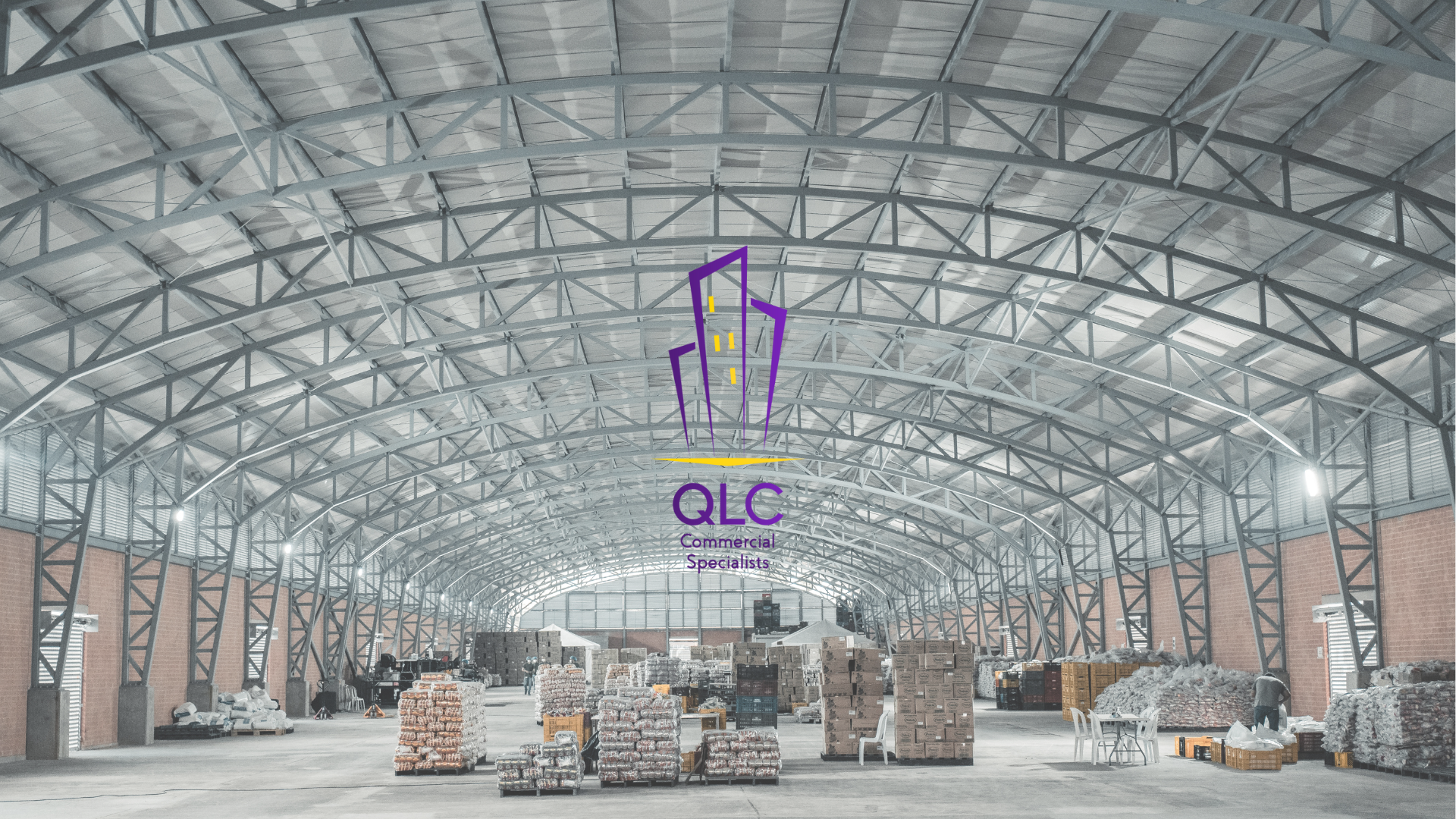Property in Malta
How Malta’s Strategic Location Impacts Warehouse Rentals for International Trade
16.01.25 | QLC Commercial Specialists

In the competitive world of international trade, location is everything. Businesses engaged in global commerce often look for countries that offer strategic advantages to streamline logistics and minimize costs. One country that continues to attract international attention for trade and commerce is Malta. This island nation’s geographical position has a direct and significant impact on warehouse rentals, making it an increasingly sought-after hub for global business.
A Prime Geographic Advantage
Malta’s central location in the Mediterranean Sea makes it a natural gateway between Europe, North Africa, and the Middle East. Its proximity to major shipping routes offers businesses a significant logistical advantage, reducing transportation times and costs. This accessibility to three continents makes the country ideal for companies that rely on efficient supply chain management.
For international firms that need warehousing for goods transiting to multiple regions, Malta’s position allows them to maintain a single distribution center while serving diverse markets. This consolidated approach can optimize operations, lower expenses, and improve delivery times. As a result, the demand for well-located warehouses in Malta has surged.
Impact on Warehouse Rental Costs
With high demand comes increasing costs. Malta’s strategic importance has led to heightened competition for premium warehouse space. Businesses are willing to pay a premium for facilities that are close to ports and transportation infrastructure. The Grand Harbour and the Malta Freeport are key logistics centers that attract substantial trade volume. Warehouses situated near these hubs command higher rental prices due to their connectivity and efficiency.
Additionally, Malta’s small geographic size means that available land for industrial development is limited. This scarcity further drives up rental prices as companies vie for limited warehouse spaces. Businesses considering Malta as a trade base must factor in these higher costs when planning their logistics and storage strategies.
Customs and Trade Incentives
One of the benefits of establishing warehousing operations in Malta is the country’s favorable trade policies and customs regimes. Malta is a member of the European Union, providing access to the EU’s single market. The country also offers various free trade incentives, including a Freeport zone that facilitates duty-free imports and exports. These advantages can offset some of the higher rental costs by reducing customs-related expenses.
Businesses operating within the Freeport enjoy streamlined customs procedures, making it easier to store and distribute goods across multiple regions. This can enhance the overall cost-effectiveness of maintaining a warehouse in Malta despite the premium rental rates.
Infrastructure and Connectivity
Malta boasts modern infrastructure that supports efficient logistics operations. The Malta Freeport is one of the busiest transshipment ports in the Mediterranean, handling millions of containers annually. Additionally, Malta International Airport offers robust cargo handling services, connecting air freight to global destinations.
Warehouses located near these transportation nodes benefit from reduced handling times and faster movement of goods. Companies that depend on just-in-time inventory management can significantly reduce operational delays by leveraging Malta’s well-developed logistics framework.
Malta’s strategic location is a key driver in the rising demand for warehouse rentals, making it a prime destination for businesses engaged in international trade. While rental costs may be higher due to limited space and strong demand, the logistical advantages, customs incentives, and modern infrastructure make Malta a highly competitive choice. Businesses considering warehouse space in Malta must weigh these benefits against the cost to determine how to best leverage the island’s strategic positioning for global commerce.